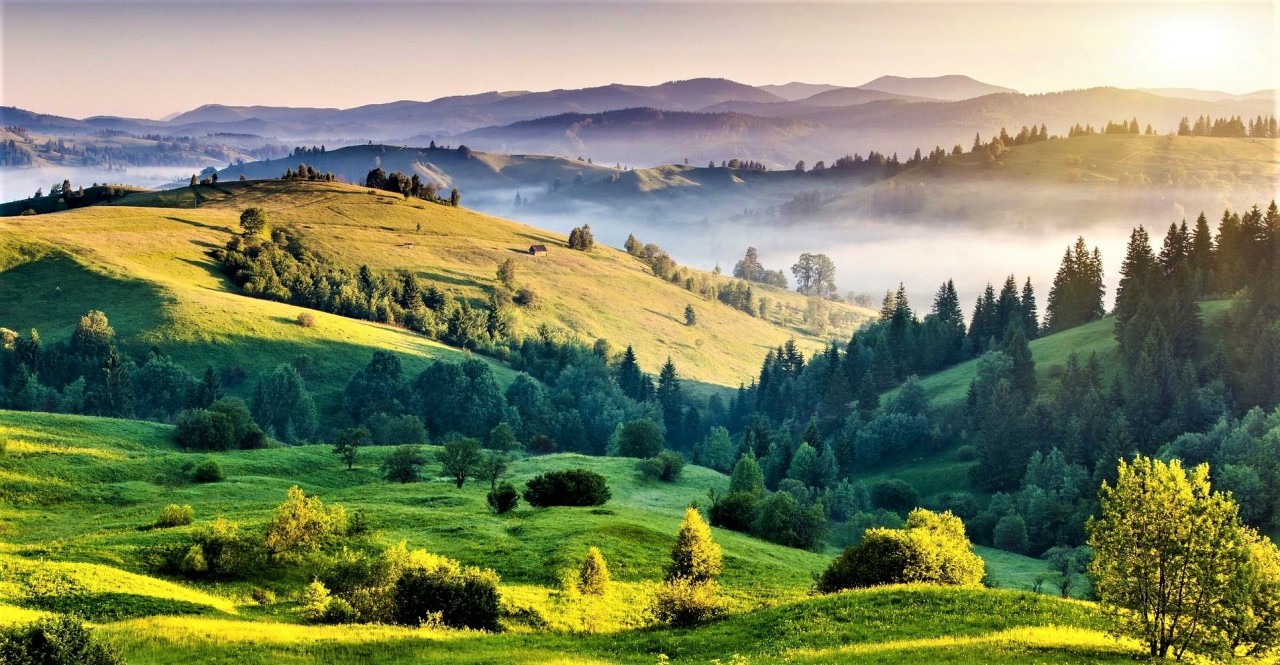Everything you need to know about Khaptad National Park | Interesting things about Khaptad National Park
Khaptad National Park is a protected area located in the far-western region of Nepal. Here's everything you need to know about Khaptad National Park:
1. Location and Geography:
- Khaptad National Park is located in the far-western region of Nepal, spanning across Bajhang, Bajura, Doti, and Achham districts.
- It is situated in the Mahabharat Range of the Himalayas, covering an area of approximately 225 square kilometers (87 square miles).
- The park's altitude ranges from 1,400 meters (4,593 feet) to 3,300 meters (10,827 feet) above sea level.
2. Biodiversity and Conservation:
- Khaptad National Park is renowned for its diverse flora and fauna, making it an important conservation area in Nepal.
- The park is home to various wildlife species, including the red panda, musk deer, Himalayan black bear, leopard, langur monkey, wild boar, and numerous bird species.
- The vegetation in the park is rich and varied, with forests composed of oak, rhododendron, chir pine, fir, and spruce trees.
- Khaptad National Park also boasts a wide range of medicinal plants, adding to its ecological significance.
3. Cultural and Spiritual Significance:
- The park holds great cultural and spiritual importance for the people of Nepal.
- It is named after Khaptad Baba, a revered saint and spiritual teacher who resided in the area and attained enlightenment.
- Khaptad Baba is believed to have performed miracles and possessed profound spiritual knowledge, attracting devotees from far and wide.
- The park houses the Khaptad Baba Ashram, where followers and devotees come to pay their respects and seek spiritual guidance.
- The annual Khaptad Baba Fair, held in June/July, is a significant religious event where devotees participate in ceremonies, rituals, and cultural festivities.
4. Trekking and Outdoor Activities:
- Khaptad National Park offers excellent opportunities for trekking and outdoor activities in a serene and natural environment.
- There are several trekking trails within the park, varying in difficulty and duration, allowing visitors to explore its diverse landscapes and breathtaking views.
- Popular trekking routes include the trail to Khaptad Danda, Sahashra Linga, Upper Tribeni, and nearby areas.
- Trekking in the park provides a chance to witness panoramic mountain vistas, dense forests, alpine meadows, and serene lakes.
- Other outdoor activities include camping, bird watching, nature walks, and photography, allowing visitors to immerse themselves in the park's tranquility and natural beauty.
5. Facilities and Accommodation:
- Khaptad National Park provides basic facilities and accommodations for visitors.
- There are camping sites within the park where visitors can set up tents and enjoy the wilderness.
- Basic lodges and guesthouses are available for overnight stays, but it is advisable to carry personal camping gear, food, and other necessary supplies.
- Visitors should be prepared for basic facilities as the park is located in a remote area with limited infrastructure.
6. Conservation Efforts and Management:
- Khaptad National Park is managed and protected by the Department of National Parks and Wildlife Conservation, Nepal.
- The park is dedicated to preserving its unique biodiversity, natural resources, and cultural heritage.
- Conservation efforts include habitat preservation, wildlife monitoring, anti-poaching measures, and community involvement in park management.
- The park also promotes sustainable tourism practices to minimize the impact on the environment and raise awareness about conservation.




.jpg)



